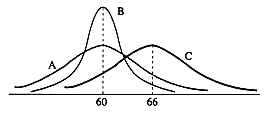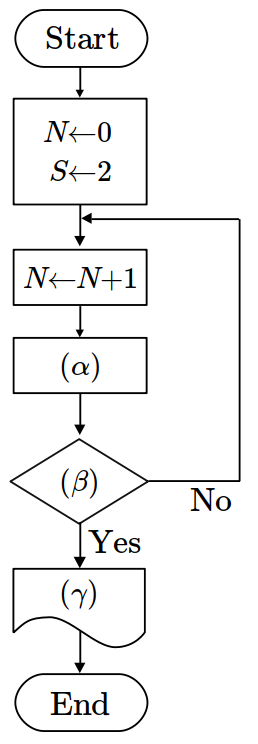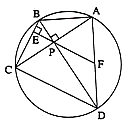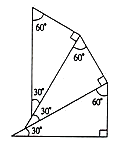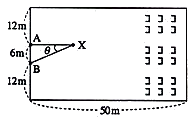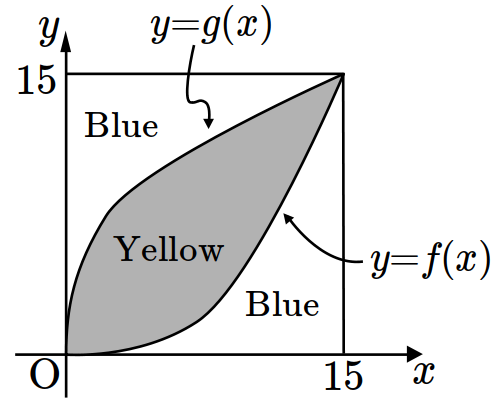- \(75\)
- \(125\)
- \(900\)
- \(1000\)
- \(1225\)
Mathematics·Studies (I)
Hum. & Arts
\(A*B=(A\cap B)\cup(A\cup B)^C\).
Which option below is not
always true?
(※ \(U\ne\varnothing\))
[2 points]
- \(A*U=U\)
- \(A*B=B*A\)
- \(A*\varnothing=A^C\)
- \(A*B=A^C*B^C\)
- \(A*A^C=\varnothing\)
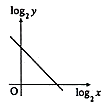
 ).
Which option below has the same topology with this circuit?
[2 points]
).
Which option below has the same topology with this circuit?
[2 points]

According to the weather forecast, the average temperature in summer next year will be higher than this year for a probability of \(0.4\), about the same as this year for a probability of \(0.5\), and lower than this year for a probability of \(0.1\). What is the probability that this company will reach quota in the next year? [2 points]
- \(0.55\)
- \(0.60\)
- \(0.65\)
- \(0.70\)
- \(0.75\)











